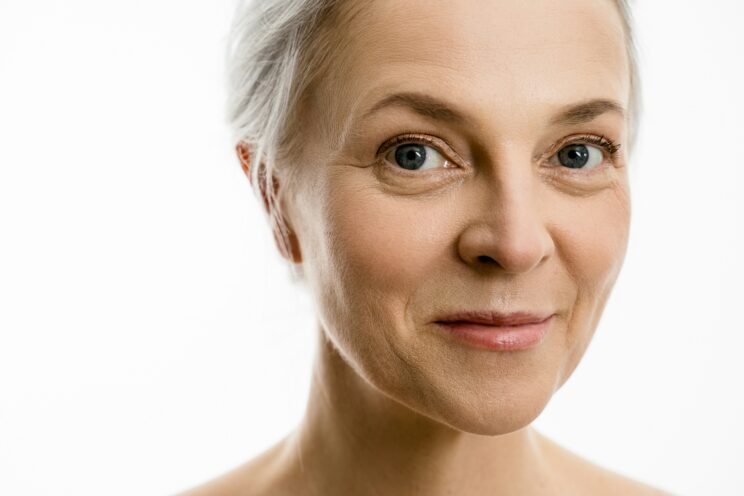LIFESTYLE NEWS - Sagging skin, wrinkles, brittle nails, thinning hair and joint discomfort are all signs of potential collagen decline – an important structural protein providing strength and elasticity to your skin, ligaments, tendons, and cartilage.
While collagen production naturally slows down as we age, several lifestyle factors can accelerate the process:
- Natural Ageing: Collagen production gradually decreases with age, and by the time we’re in our 30s, the decline becomes more noticeable. Over time, your skin starts to lose its firmness, and fine lines begin to form.
- Sun Exposure (UV Rays): Prolonged exposure to the sun’s harmful UV rays can damage collagen fibres, causing them to break down faster. This is why sunscreen is such an essential part of your skincare routine.
- Smoking: The chemicals in cigarettes can damage collagen and reduce its production. Smoking also restricts blood flow, depriving the skin of oxygen and nutrients necessary for collagen synthesis.
- Poor Diet: A diet lacking essential vitamins and minerals can interfere with collagen production. Eating too much sugar and refined carbs can lead to a process called “glycation,” where sugar molecules bond with collagen and make it stiff and brittle.
- Stress & Lack of Sleep: Chronic stress and poor sleep can contribute to collagen breakdown by increasing the production of cortisol (the stress hormone), which can damage collagen fibres over time.
 Photo: Unsplash
Photo: Unsplash
How to support and even replenish collagen production naturally according to Faithful to Nature:
- Collagen-Rich Foods: Eating a diet high in collagen-boosting foods is a great place to start. Include bone broth, chicken skin, fish, and eggs in your meals, as these foods are packed with the amino acids your body needs to produce collagen. Foods rich in vitamin C (like oranges, strawberries, and bell peppers) can also help stimulate collagen production.
- Collagen Supplements: Collagen peptides are a popular supplement that can help boost collagen levels from within. Available in powders or capsules, collagen supplements are easy to add to your routine. Research shows that they can improve skin elasticity and hydration over time.
- Retinol: Retinol (vitamin A) is well-known for its skin-rejuvenating properties. By stimulating collagen production, it can help reduce fine lines and wrinkles, making the skin look smoother and firmer.
- Antioxidant & Vitamin C Serums: Vitamin C is a powerhouse when it comes to collagen production. Using serums or creams that contain vitamin C or other antioxidants can help protect the skin from further damage while promoting collagen synthesis. These ingredients fight free radicals and help your skin stay firm and youthful.
- Red Light Therapy: This non-invasive treatment uses red or near-infrared light to penetrate the skin and stimulate collagen production. Studies show that red light therapy can improve skin texture, reduce wrinkles, and boost overall skin appearance by encouraging collagen regeneration.
Article: Caxton publication, The Citizen
‘We bring you the latest Garden Route, Hessequa, Karoo news’
















